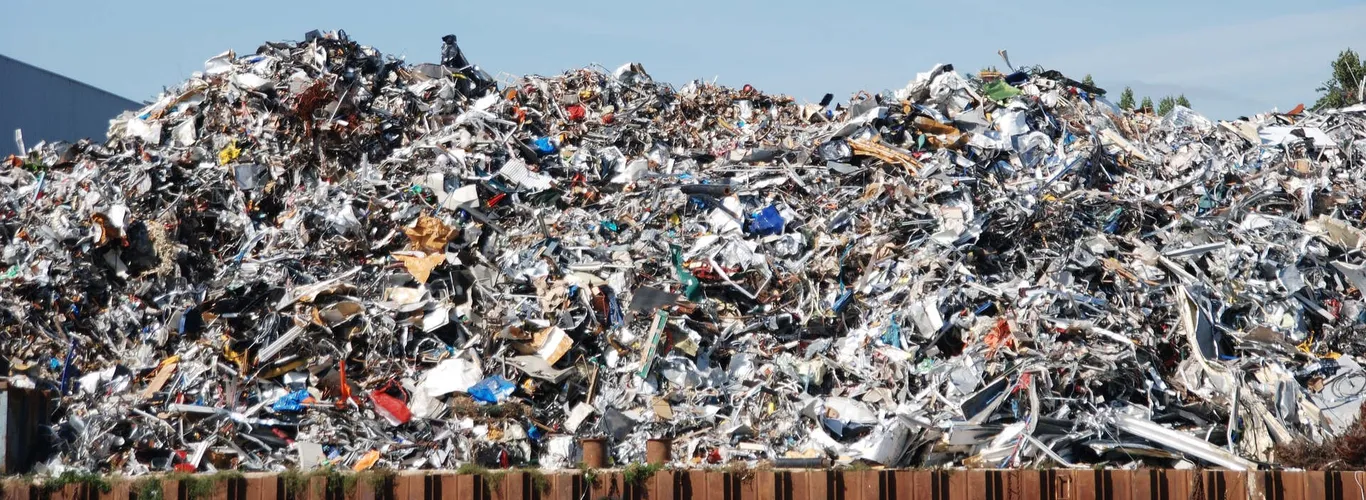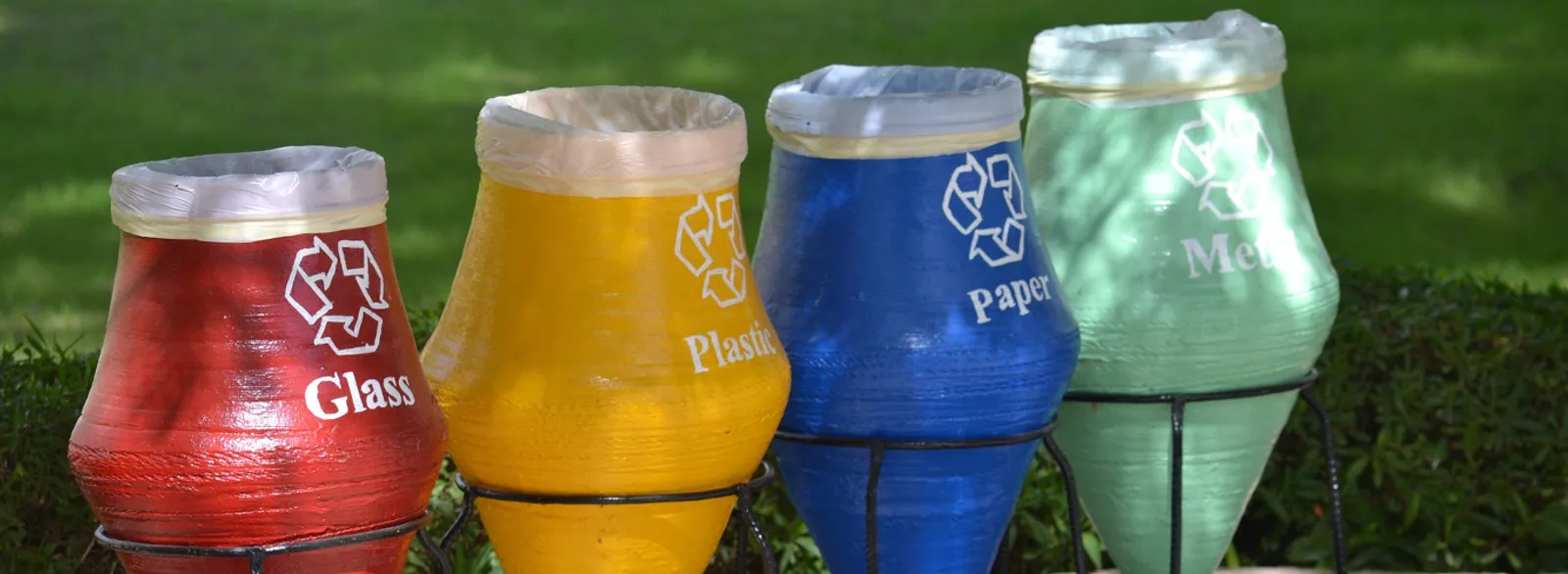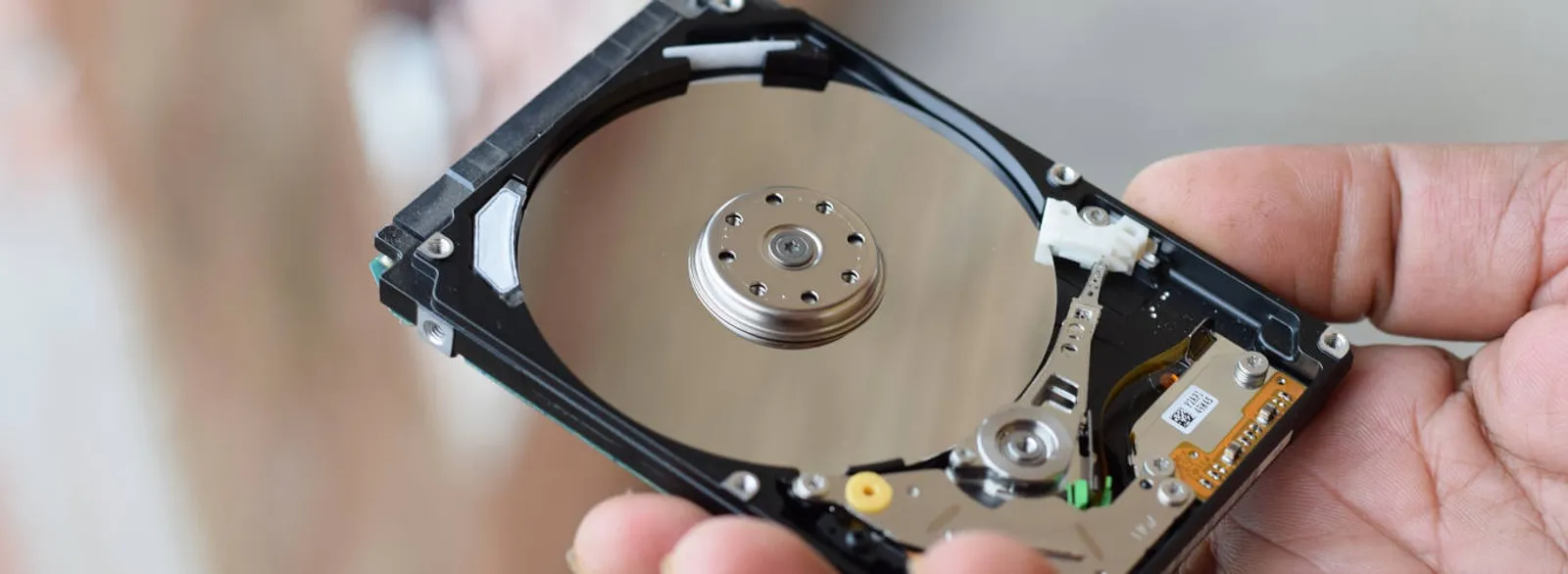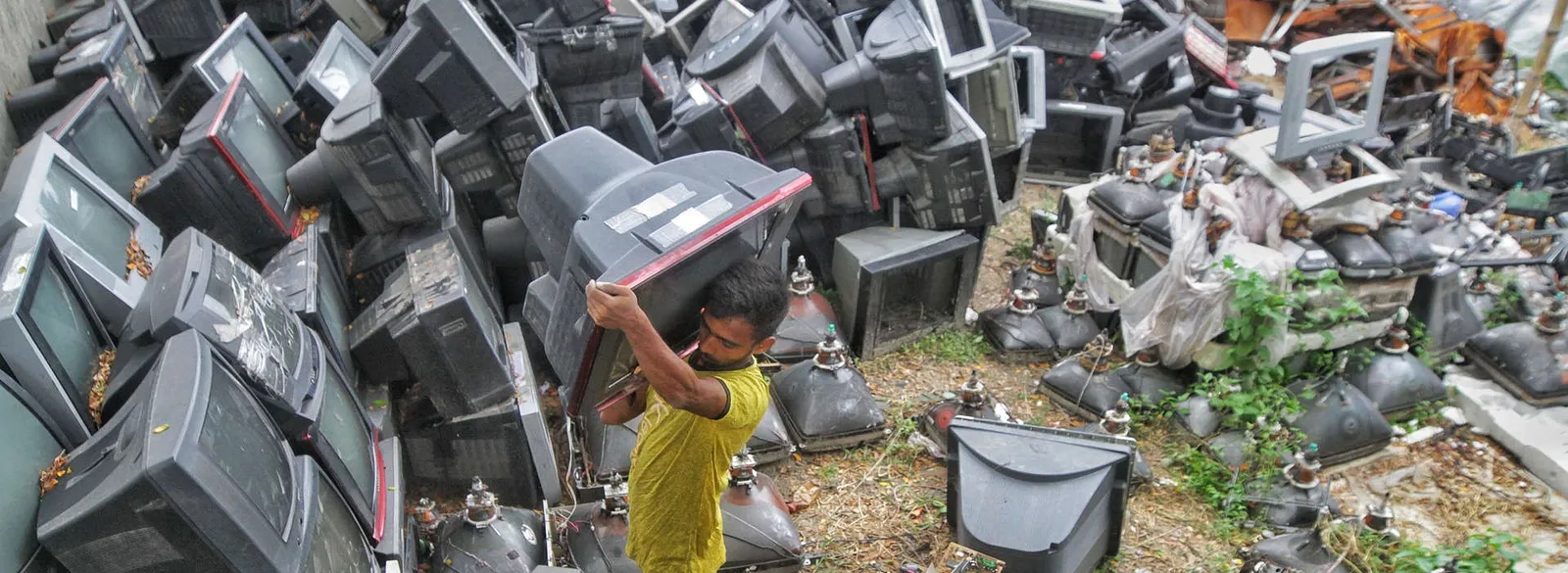If you are interested in ecology and recycling - sign up for our newsletter
The End of Support of Windows 10: A Looming Challenge for Computer Disposal
With Microsoft announcing the end of support for Windows 10 in 2025, millions of computers around the world are facing an uncertain future. An estimated 240 million PCs will soon be obsolete, as their hardware is incompatible with Windows 11, leaving users with a critical decision: upgrade hardware, switch to alternative operating systems, or consider computer disposal. This situation not only poses challenges for individual consumers but also creates a significant environmental issue. Without proper planning, the sheer volume of obsolete devices could lead to a massive spike in e-waste.
The challenge of computer disposal has never been more pressing. E-waste, or electronic waste, is already one of the fastest-growing waste streams globally, and the addition of potentially millions of devices could exacerbate the problem. The burden falls not just on consumers but also on governments, manufacturers, and the tech industry as a whole to find sustainable solutions to deal with this influx of retired devices.
How E-Waste is Becoming a Growing Threat in the Tech Industry
The end of Windows 10 support threatens to turn millions of functional PCs into e-waste, compounding an already critical issue. E-waste is a serious environmental hazard; according to the United Nations, more than 53 million metric tons of e-waste are generated annually, and only about 20% of that is formally recycled. The rest ends up in landfills or is improperly dismantled, releasing hazardous materials like mercury and lead into the environment.
The disposal of outdated computers contributes significantly to this growing e-waste crisis. Many of the components in these devices contain toxic materials that, if improperly disposed of, can harm ecosystems and human health. A sustainable approach to managing these devices is crucial, especially with the looming influx of e-waste driven by the end of Windows 10 support. Public awareness, combined with responsible manufacturer practices, can go a long way in reducing the environmental impact of obsolete PCs.
Sustainable Economy: Reducing the Impact of Obsolete PCs
A sustainable economy must prioritize reducing the environmental impact of discarded electronics. With millions of computers at risk of becoming obsolete, extending the lifecycle of these devices is critical. A sustainable approach means looking beyond simply discarding old PCs and focusing on refurbishment, reuse, and responsible recycling. Extending the life of electronic products not only saves natural resources but also supports a more sustainable economy.
If more people were using Linux systems, the situation could be quite different. Linux is a lightweight and resource-efficient operating system that is compatible with a wide range of older hardware. By switching to Linux, users could extend the lifespan of their computers without the need for costly hardware upgrades. This would significantly reduce the volume of obsolete PCs, thereby cutting down on e-waste. Additionally, Linux is open-source and community-driven, which encourages a culture of reusing and repurposing technology, supporting a more sustainable economy overall. Linux-based systems can breathe new life into older PCs, ensuring that they continue to be functional and productive for years beyond what proprietary software updates might allow. By making the switch to Linux, both consumers and businesses could contribute to reducing the environmental footprint associated with frequent hardware disposal.
Why Corporate Products Like Windows Are Not Conducive to a Sustainable Economy
Corporate products like Windows often do not align with the goals of a sustainable economy. Windows, as a proprietary operating system, has frequent upgrade cycles that require users to purchase new hardware to meet the system requirements. This planned obsolescence drives the constant production and disposal of electronic devices, contributing significantly to e-waste. As hardware becomes incompatible with the latest Windows updates, perfectly functional computers are rendered useless, prompting users to discard them prematurely.
Moreover, corporate software often limits user control, making it difficult to extend the life of devices through modifications or optimizations. The proprietary nature of such software means that users cannot freely adapt or optimize the system for older hardware, which contributes to a throwaway culture that undermines sustainability efforts. Instead of encouraging longevity, corporate software models often prioritize profit through recurring hardware sales.
In contrast, open-source software like Linux offers a far more sustainable alternative. Linux distributions are generally lightweight and can run on older hardware, reducing the need for constant upgrades. Since Linux is open-source, users have the freedom to modify and optimize the system to meet their needs, extending the life of their devices. The collaborative and community-driven nature of open-source software also promotes a culture of reuse, innovation, and resourcefulness.
Linux allows users to avoid the upgrade treadmill dictated by corporate interests, thereby reducing e-waste and supporting a more sustainable economy. By making the switch to open-source software, individuals and organizations can contribute to a reduction in the environmental impact associated with frequent hardware disposal and foster a culture of sustainability that benefits both people and the planet.
Linux Limitations Regarding Access to Proprietary Hardware Drivers
While Linux offers many benefits as an alternative operating system, it is not without its limitations. One significant challenge that Linux users face is the limited availability of proprietary hardware drivers. Many hardware manufacturers prioritize support for popular operating systems like Windows, resulting in limited or delayed driver support for Linux. This can lead to compatibility issues, particularly with newer hardware, making it challenging for users to fully utilize their devices with Linux.
The lack of proprietary drivers means that some features of specific hardware components—such as graphics cards, printers, or Wi-Fi adapters—may not function optimally or at all under Linux. This limitation can deter potential users from switching to Linux, as they may be unable to use all the capabilities of their devices. The situation is further complicated by manufacturers who prefer closed ecosystems, which limits the accessibility of their hardware to open-source platforms.
However, consumers have the power to influence change by adopting Linux systems and demanding better support for open-source software. When more users choose Linux and voice their needs, hardware manufacturers may feel compelled to provide improved driver support for Linux systems. Consumer pressure can push manufacturers to develop hardware that is fully compatible with Linux, reducing barriers to adoption and contributing to a more sustainable economy.
By increasing the demand for Linux-compatible hardware, consumers can help bridge the gap in driver support and promote a more inclusive technological ecosystem. This shift would not only empower users with greater choice but also support the development of more sustainable technology practices that reduce reliance on proprietary software and planned obsolescence.






